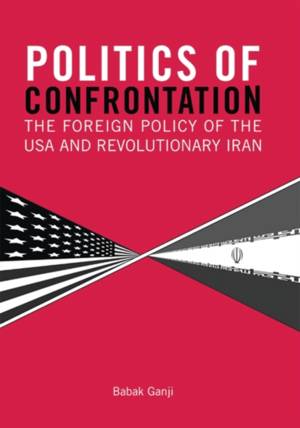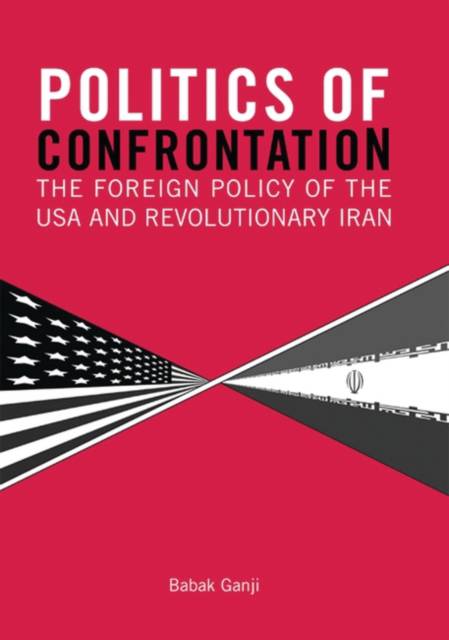
- Afhalen na 1 uur in een winkel met voorraad
- Gratis thuislevering in België vanaf € 30
- Ruim aanbod met 7 miljoen producten
- Afhalen na 1 uur in een winkel met voorraad
- Gratis thuislevering in België vanaf € 30
- Ruim aanbod met 7 miljoen producten
Zoeken
€ 296,95
+ 593 punten
Omschrijving
Did the United States know more than it acknowledges about growing unrest under the Shah in mid-1970s Iran? Have historians of American-Iranian relations focused too narrowly on prevailing historical theory and personal recollection? In a period of escalating tension between the United States and Iran, what can the two nations' history of conflict tell us about their future diplomatic efforts? Covering the last days of the reign of the Shah to the revolution under the Ayatollah Khomeini, Babak Ganji presents a thorough examination of US policy towards Iran in the final years of the Carter administration within the historical framework of US-Iranian Relations. He provides the first in-depth look at US documents seized from the American Embassy by revolutionary students during the infamous hostage crisis, casting new light on a subject that has captivated historians' attention for decades. "Politics of Confrontation" debunks the myth that US officials were unaware of the nature and strength of the Shah's opposition, and sheds new light on the Soviet Union's increasing influence over senior politicians.
Ganji explores the nature of the perpetually antagonistic relations between the two countries and the mistrust and misunderstanding that fuels it. His findings are invaluable to historians of US diplomacy, Iran and the Cold War.
Ganji explores the nature of the perpetually antagonistic relations between the two countries and the mistrust and misunderstanding that fuels it. His findings are invaluable to historians of US diplomacy, Iran and the Cold War.
Specificaties
Betrokkenen
- Auteur(s):
- Uitgeverij:
Inhoud
- Aantal bladzijden:
- 328
- Taal:
- Engels
- Reeks:
Eigenschappen
- Productcode (EAN):
- 9781845110840
- Verschijningsdatum:
- 28/04/2006
- Uitvoering:
- Paperback
- Formaat:
- Trade paperback (VS)
- Afmetingen:
- 163 mm x 237 mm
- Gewicht:
- 644 g

Alleen bij Standaard Boekhandel
+ 593 punten op je klantenkaart van Standaard Boekhandel
Beoordelingen
We publiceren alleen reviews die voldoen aan de voorwaarden voor reviews. Bekijk onze voorwaarden voor reviews.








